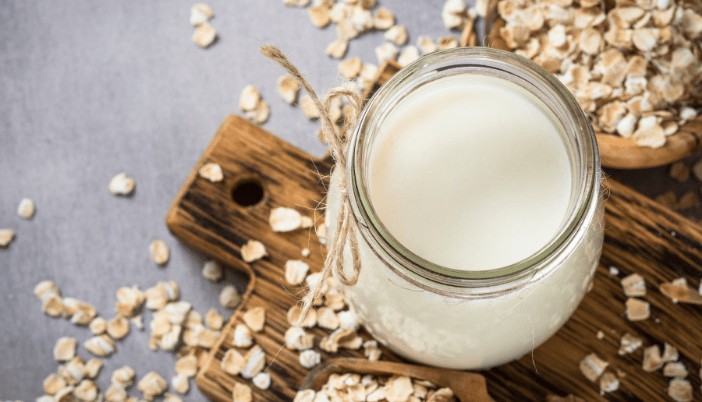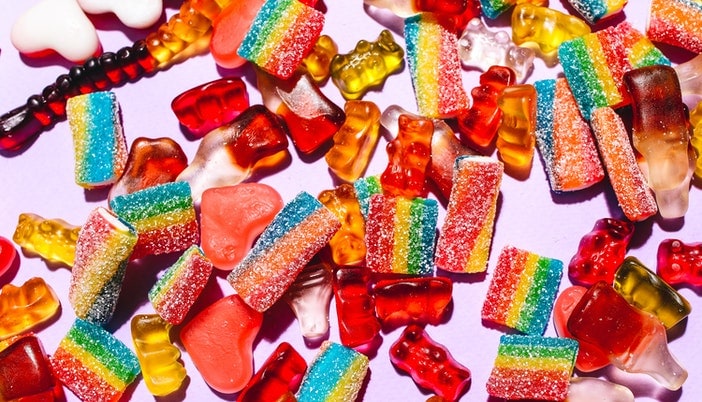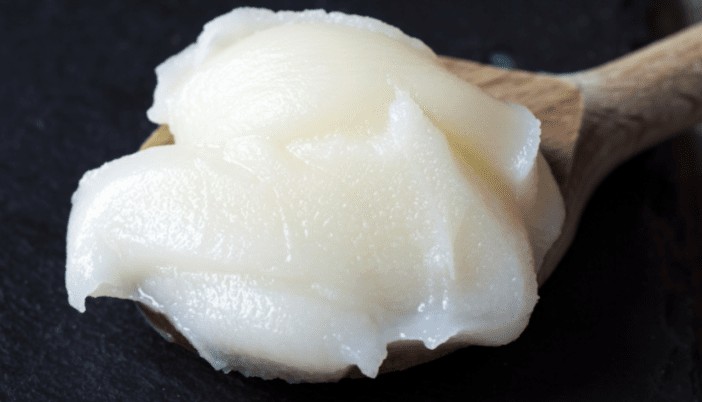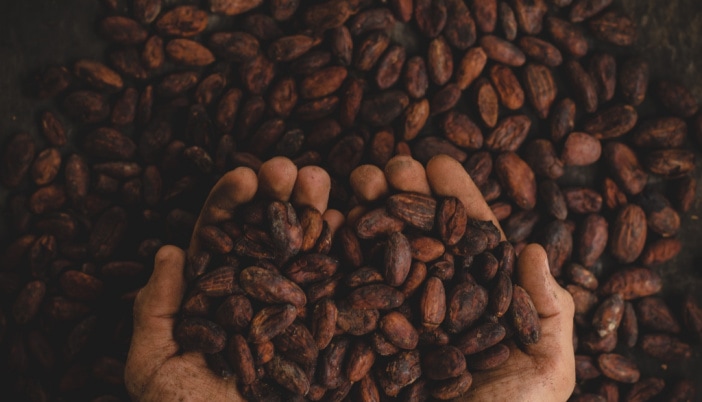Coffee: Can Vegans Drink It?
It wakes us up in the morning and many of us can’t function without at least one cup. But can vegans feel confident that their favourite wake-up drink fits in with their lifestyle?
As an Amazon Associate, I earn from qualifying purchases. The links below may be affiliate links. Please read my disclosure policy for more information.
The Different Types of Veganism
For many, veganism is not just about the types of food they consume but a way of life. People turn to veganism for numerous ethical, health, environmental or even religious reasons.
Indeed, ethical veganism is now considered to be a philosophical belief which is protected by law. As veganism is practiced in different ways, this can have an impact on whether (or how) coffee can be drunk.
Beans, Milk and Sugar
Coffee beans are grown on trees so can be considered vegan insomuch as they are not derived from animals or animal by-products. However, vegan considerations come into play when assessing the actual coffee drink being consumed.
Is Black Coffee Vegan?
How we drink our coffee depends very much on the individual palette. If you like your coffee black, then your vegan credentials can generally be considered to be intact.
However, if you go for a more creamy or milky version then this is where attention needs to be paid.
Vegan Milk

One in three Britons now drink plant-based milk with oat the most popular type followed by almond. In fact these types of milk are fast increasing their share of the milk market.
Other popular types of vegan milk include:
Each type has its own distinguishing taste and texture along with various nutrients and proteins. Some vegans like to make their own milk and there are even vegan coffee creamer products on the market.
However, it is important to distinguish between vegan and non-dairy milk; the latter of which can contain casein which is made by milk.
Coffee with Sugar
If you’re a vegan who likes sugar in their coffee, then you need to think about what type of sugar you’re using. Refined sugar uses bone char to provide its colour and is derived from the bones of cattle.
So vegans need to check that their sugar is unrefined or is made from beets.
Coffee and Raw Veganism
The type of veganism being practiced can also determine whether coffee should be drunk. ‘Raw’ veganism avoids substances cooked above heats of 46 degrees Celsius (115F).
Consequently, a completely raw vegan would not be able to drink coffee due to the beans having been roasted.

Ethical Considerations
So you’ve found a vegan milk that suits your palette (or learnt to like black coffee!). But what factors should be taken into account to ensure that the coffee you’re drinking fits with your ethical values as a vegan?
Coffee farming
The main coffee-producing countries are Brazil, Vietnam, Colombia, Indonesia, and Ethiopia where average wages are significantly lower than the UK. Farmers are often paid well below market prices by the coffee industry for their beans.
In addition, coffee farmers have faced a perfect storm of lower commodity prices and rising production costs in recent years.
No-one likes to overpay for their coffee; however, if the price of your coffee appears cheap, there is a high probability that the farmer is not receiving a fair price for their product. Many have to resort to deforestation to produce a sufficient quantity of beans to make it worth their while.
This also has knock-on effects from an environmental perspective (see below).
Therefore, choosing a coffee that treats its growers fairly and pays them accordingly should be a consideration for vegans of any type.
Directly-Sourced Coffee
If a coffee brand is open about how it sources its product, there is a good chance that it is dealing direct with the producer. This usually means unnecessary steps in the chain have been removed and the producer is being paid a fairer price.
Provenance
In a similar vein, if a brand is transparent about its supply chain, the origin of its product and how much it pays then this is all credit in the ethical bank.
Sustainability
The method of growth and harvesting should also be considered when choosing an ethically-sound coffee. The whole process should not have a damaging impact on the wildlife or biodiversity of the area.
In a similar vein, coffee products should use sustainable packaging.
Environmental Considerations
The environmental impact of coffee growth and production can be just as important as the ethical impact. So which methods for growing coffee and which can be considered more environmentally friendly and more closely aligned to vegan values?
Water Use in Coffee Production
The production of coffee requires large amounts of water – for both cultivation and washing of beans. It is estimated that a standard European cup of coffee or espresso (125 ml) requires 140 litres of water.
In addition, access to clean water – not to mention drought conditions caused by climate change – is impacting bean growth in some countries.
Choosing coffee beans that have been naturally-processed in the cherry before being de-pulped – as opposed to beans that have been wet-processed or ‘washed’ – is more kind to the environment. In addition, this approach can improve the flavour of the coffee.
Shade-Grown vs Sun-Grown Coffee Beans

Fifty years ago, a new type of hybrid coffee plant was developed by scientists which was smaller in size and enabled a greater crop of beans. This led to forests being cleared to allow for direct sunlight and had significant knock-on effects for the biodiversity of plants and animals.
It has been estimated that the switch to sun-grown coffee has resulted in over 2.5 million acres of forest being cleared in Central America.
Shade-grown coffee beans are considered the most organic as the falling leaves help retain both soil quality and taste of the beans as well as providing a haven for bird populations that have suffered from the effects of deforestation.
This threat has also led to the development of bird-friendly coffee. This is shade-grown and protects various species that are at risk from modern coffee growth methods.
In addition, this type of growth has a positive effect on soil and plant growth.
Organically-Grown Coffee
As with many agricultural products, the use of pesticides can cause harm to the plants and soil (and possibly even the consumer). The knock-on effects can be devastating to rural farmers that rely on fertile land for their livelihoods.
Therefore, buying organically-grown coffee can help support nature, wildlife and the growers themselves while also providing a more healthy product for the drinker.
Decaffeination
Decaffeinated coffee has become increasingly popular over the years. However, the decaffeination process often uses harsh chemicals to remove caffeine molecules from the beans.
Those who prefer their coffee decaffeinated should consider buying products that use the Swiss Water method which uses no chemicals in the process.
Single Use Cups
The exponential growth of coffee shops and mass-produced coffee in the last 20 years has led to a huge increase in single-use cups. It is estimated that 16 billion cups are used each year the impact of which can only be significant.
Filling up with a reusable cup – aside from the hygienic benefits – helps to relieve the burden on the environment.
Coffee Pods
Coffee in pods is a more recent innovation that has also become increasingly popular. However, recent research by Packaging Online showed that these pods have a huge environmental impact with nearly 30,000 plastic coffee pods a month ending up in landfill.
From any perspective this is not a sustainable way to consume coffee and, until this is addressed, is unlikely to be popular among vegans.
Summary

There are numerous considerations for vegans when deciding how and if to drink coffee. The beans themselves can be considered vegan, however you need to ensure that the milk and / or sugar being added pass muster.
In addition, if you’re a fully raw vegan the fact that they have been roasted may mean it is not a feasible choice of drink.
The ethical and environmental aspects of veganism should also be taken into account when drinking coffee. Ensuring bean growers receive fair pay for their efforts will help them to grow their beans in a sustainable and considerate way.
In addition, single-use cups and pods run very much counter to the values of veganism.
Living a vegan lifestyle involves a number of choices that contribute to a more compassionate and sustainable way of living. Making these choices when you drink your next cup of coffee could be a more important act than you realise.









